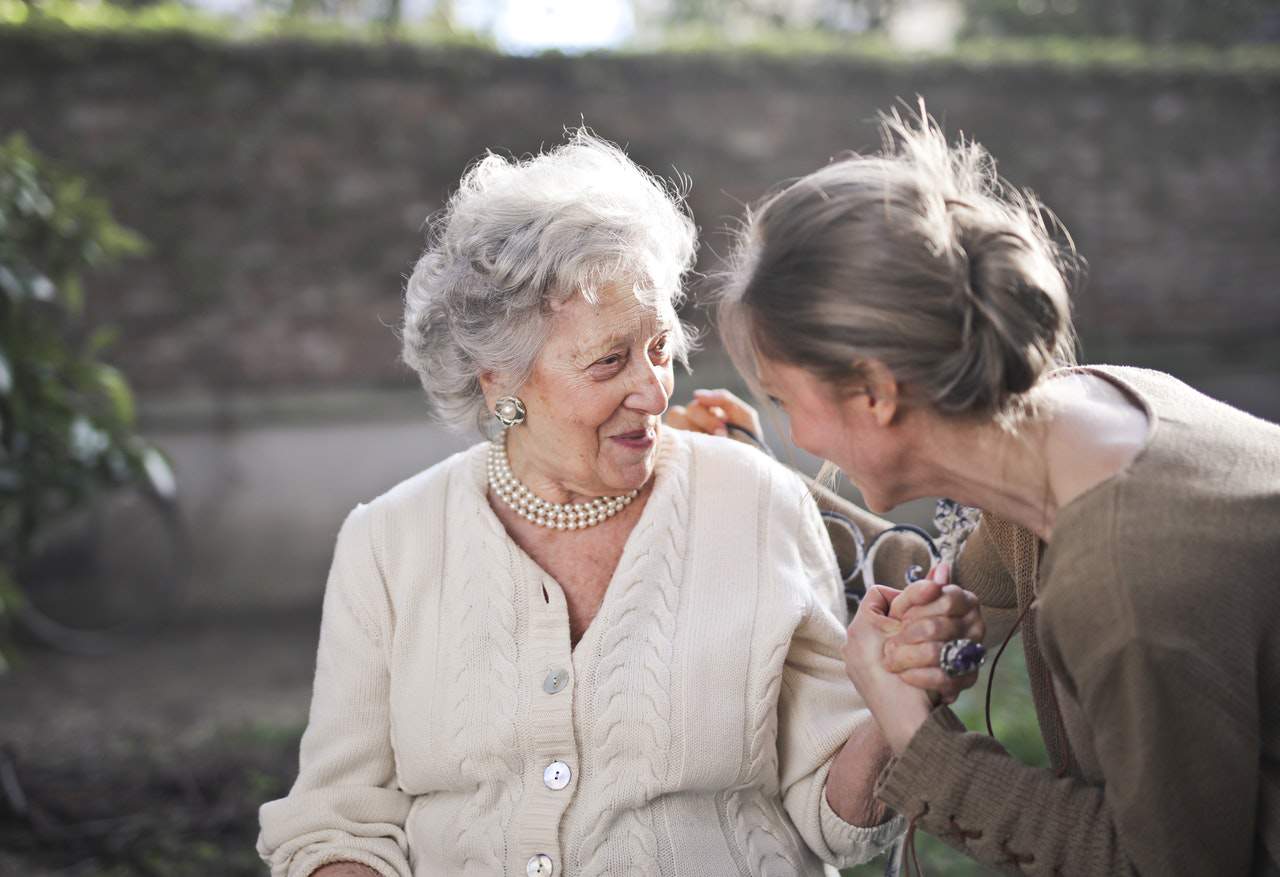As people age, their needs change and become increasingly complex. Understanding the unique needs of elderly individuals can be challenging for families and carers alike. To help make this process easier, there is a range of excellent tools available to help better understand the needs of seniors in your life. Here are six of the best tools that can help you gain a better understanding of elderly needs.
Age-related Health and Wellbeing Apps
Numerous apps available provide information on health and well-being specifically tailored to older adults. These apps cover disease management, nutrition, physical activity, mental health, fall prevention, and more. Such apps can be invaluable when it comes to helping seniors stay healthy and independent for extended periods.
Care Management Platforms
Many care management platforms provide seniors and their families with a centralized source for medical information, medication reminders, doctor appointment scheduling, and much more. These platforms can help keep better track of elderly needs and ensure they receive the care they need promptly.
Automated Medication Dispensers
Medication management can be difficult for seniors and their carers, especially if they take multiple medications. Automated medication dispensers make it easier to dispense the correct dosage at the right time in a secure environment.
Medical Alert System
Medical alert systems, often called personal emergency response systems (PERS), provide seniors with a way to quickly summon help in an emergency. These systems are typically worn as bracelets or necklaces and connect users to monitoring centers that can dispatch help when needed.
Smart Assistive Technology
Smart assistive technology such as voice-controlled assistants, smart home devices, and virtual reality can be a great way to help seniors stay connected with their family and friends. Such technologies also provide an extra layer of security for older adults by helping them stay safe in their homes.
Life Story Work for Hospices
Life story work is a great way to provide elderly individuals nearing the end of their life with meaningful care and connection. Life story work involves creating an account of a person’s life by gathering memories, photographs, and information about their identity, family, and experiences. This can comfort seniors in hospice care as they can reminisce on their past and find solace in cherished memories during this difficult time. Life story work also helps nurses or caregivers better understand the individual’s preferences and needs during their final days.
Conclusion
By utilizing the above tools and services, you can ensure that older adults receive high-quality support specific to their needs. These resources are specifically designed to assist those with age-related health issues, memory loss, or other chronic illnesses. With these tools and resources, families and caregivers of seniors can better understand the elderly needs they are caring for and provide them with more quality care. Additionally, many of these services provide education on how to handle emergencies. By being aware of potential aging risks, seniors, their friends, and family members will be better able to navigate challenging times without compromising safety or well-being. Furthermore, seniors can benefit from medical technology, such as drug dispensers and health-monitoring devices that help track vital signs and dispense the correct dosage at the right time in a secure environment. With access to these resources, seniors can remain independent while still having peace of mind knowing they are safe and supported.
